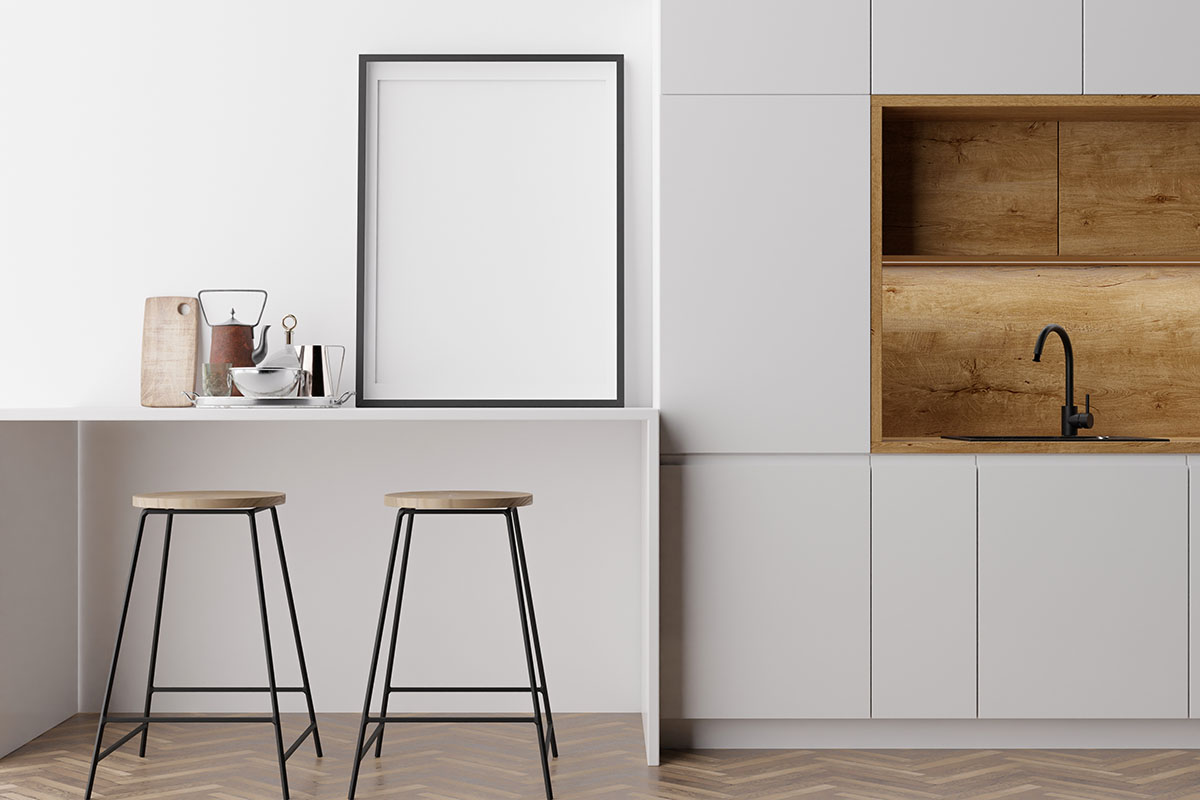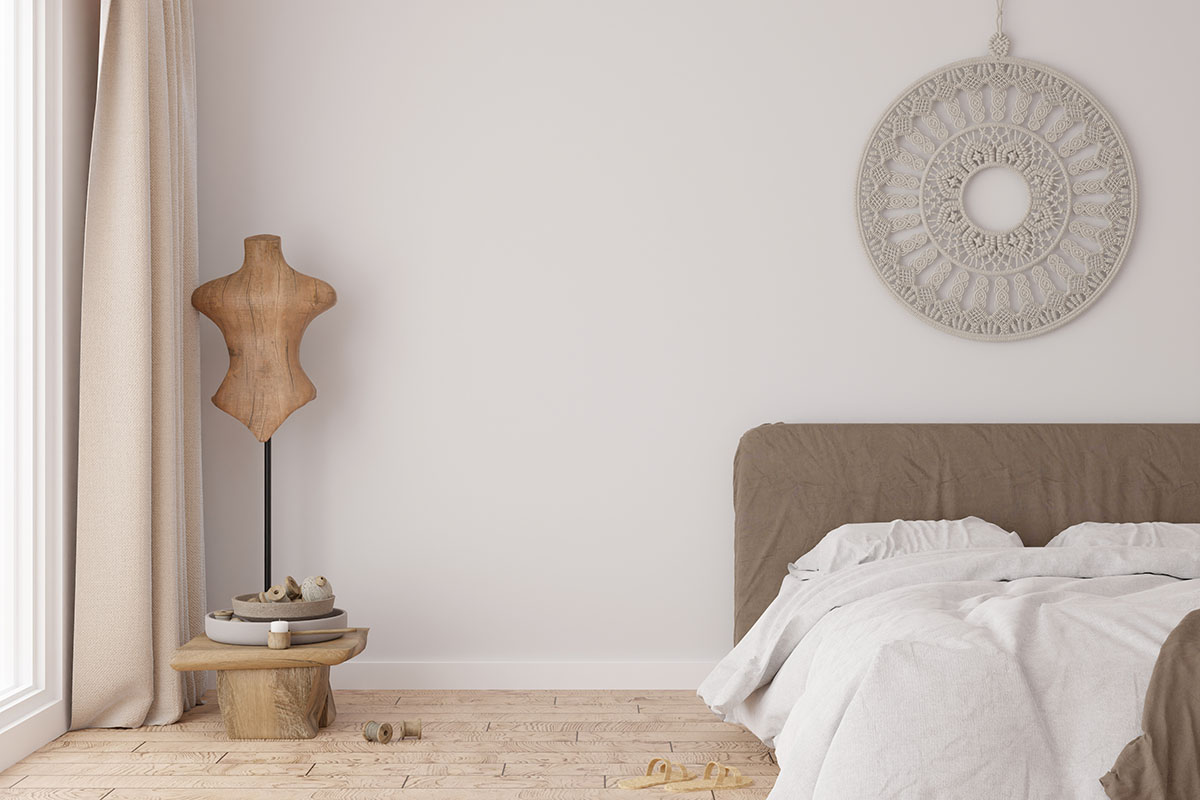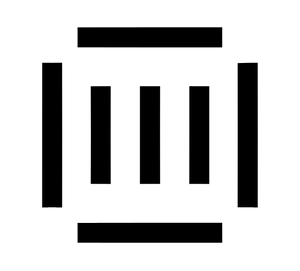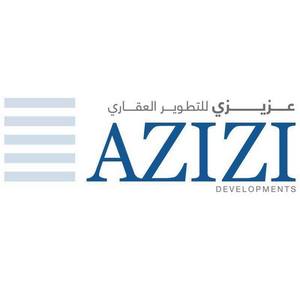
Opening an account in Dubai banks is carried out in accordance with international standards. However, the cost and terms of service may vary. When selecting a credit institution, it is important to consider the following factors:
- income from deposits;
- number of available services and their cost;
- minimum deposit amount and list of documents required to open a bank account;
- speed of service;
- offices and ATMs in quick access;
- services available to residents of other countries (those with residence permits and non-residents).
Content:
- Overview of the UAE banking system
- Characteristics and features of banks in the UAE
- Ratings and trustworthiness of banks
- Selection criteria: security, services, tariffs
- How to open a bank account in a UAE
- Mortgage and buying real estate through a bank in the UAE
- Types of deposits and investment products
- Answers to frequently asked questions
Overview of the UAE banking system
At the head of the Emirates banking system is the Central Bank of the UAE, CBUAE. All other types of financial institutions in the UAE are under its management: commercial, universal, investment and Islamic.
CBUAE can also issue permits for the activities of foreign banks. To obtain a license, a foreign company must have a good reputation and high capitalization rates.
The financial system in the Emirates is highly reliable. International transactions are carried out without currency control, since the country does not restrict the withdrawal of money abroad. This is beneficial for many foreign investors.
Characteristics and features of banks in the UAE
To increase the level of security of transactions, the Emirates Central Bank has implemented a KYC system, which is aimed at thoroughly verifying the personal data of each client. To do this, specialists can request certain documents and clarify information on completed transactions. The country has an electronic data exchange system, which significantly speeds up the work of operators.
Commercial, investment and universal banks can be either private or public. They provide clients with a standard range of services: deposits, loans and investment programmes. Islamic financial institutions are a separate category. They adhere to strict Sharia laws, including:
- ban on lending money at interest rates;
- speculation on securities is prohibited ─ they are equated to gambling;
- investments in certain areas of business are not allowed: gambling, production of tobacco, alcohol and non-halal meat.
Thus, an Islamic bank does not give loans or take money at interest rates in the traditional sense. However, there are tools that allow such institutions to operate in a competitive environment, e.g. murabaha. The financial institution buys an object of interest to the client and sells it to them in installments, but with a certain markup.
Bank offices may operate differently. But most of them adhere to the standard schedule of government institutions: from Monday to Saturday. ATMs usually operate 24 hours a day, but if they are located in a mall, you can only use them during working hours.
Ratings and trustworthiness of banks
The trustworthiness of financial organizations is assessed by rating. There are different types of ratings: credit, by assets, by deposits, by the convenience of banking services and other criteria.
Investors purchasing stocks and bonds will be most interested in the credit rating of the organization. It reflects the trustworthiness of the company and predicts the likelihood of its default. A credit rating is determined on a scale where AAA is the highest rating and D is the lowest rating.
To choose an organization with the best performance, it is worth constantly studying the information and statistics provided in major financial publications, such as Forbes or Global Finance.
In 2023, Forbes presented a ranking of the 50 most valuable financial institutions in the Middle East. The list includes many companies from the UAE, including:
- First Abu Dhabi Bank with market value of $42.4 billion;
- Emirates NBD worth $23.4 billion;
- ADCB Group worth $15.9 billion;
- Dubai Islamic Bank worth $11.3 billion;
- Abu Dhabi Islamic Bank worth $10.3 billion;
- Mashreqbank worth $7.2 billion;
- Commercial Bank of Dubai worth $3.8 billion;
- National Bank of Fujairah worth $2.7 billion;
- National Bank of Ras Al Khaimah worth $2.28 billion;
- Sharjah Islamic Bank worth $1.9 billion.
Selection criteria: security, services, tariffs
When choosing a bank in the UAE, you should pay attention to its trustworthiness, range of services provided, interest rates and other nuances.
For instance, when it comes to safety, it is important to make sure that the company has a high rating and a good reputation, and has not been involved in illegal schemes. Pay attention to customer reviews about the quality of service, how the company responses to requests and problems, professionalism of staff and customer support.
On the company website or in the office you can find a list of basic and additional services provided by the organization, compare them with your needs and check out if the bank has online banking service, a mobile application and telephone services. If you need international transactions, make sure that the organisation can handle them.
Another thing to do is to compare charges for opening and maintaining an account, cash withdrawals, international transfers and credit card services and clarify additional commission fees and fines and their amounts. Banks in Dubai often charge a penalty for reducing the minimum amount allowed in the account. When withdrawing cash from ATMs of other organizations as well as when making international money transfers, a fee is usually charged. There are also penalties for issuing a check when having an insufficient amount of money on the bank account and for closing a deposit in advance.

How to open a bank account in a UAE
If you have a UAE resident visa, the procedure can be completed at any office or you can open a bank account in Dubai online through the app. Foreign nationals who do not have a residence permit must visit the office in person with documents.
Main types of accounts in the UAE:
- Current account in Dubai – daily transactions and receiving salary. You can additionally order a checkbook.
- Saving account – long-term storage of currency. Allows you to earn interest on your balance.
- Investment account – long-term investments with a yield of 3 to 7% per annum, open for a period of one to 10 years.
Features of opening an account in a Dubai bank for non-residents
Non-residents have the right to open only savings accounts and issue debit cards. Also, foreigners without a resident visa cannot obtain a checkbook. In addition, such customers may be additionally asked to:
- explain the purpose of opening an account in Dubai in writing;
- provide a CV or business profile;
- provide a certificate of sources of income;
- submit an extract from an existing account for 6 months;
- submit a letter of recommendation from an organization where the client previously had an account;
- submit proof of residence, for example, paid utility bills for 2–3 months.
Financial organisations are afraid of violating anti-money laundering laws, therefore in practice, foreigners without resident status are subject to additional conditions. This could be an increase in the minimum amount that must always be on the balance sheet, or the need to open an additional investment deposit for several years.
Mortgage and buying real estate through a bank in the UAE
Mortgages in the UAE are available both to residents and non-residents of the country. But financial institutions impose more stringent conditions on the latter and often refuse loans.
Mortgages have 2 main types of rates: floating and fixed. The latter is a monthly fixed payment. Typically, a fixed rate is applied to long-term loans for 10 years or more. The interest rate for such a loan depends on the refinancing rate of the Central Bank.
A floating rate is used when issuing short-term loans for up to 5 years. With such a loan, an interest rate is accrued monthly on the remaining debt. Thus, as the loan is repaid, the interest rate gradually decreases. The floating rate depends on the current situation in the financial market and cannot be accurately predicted.
Mortgage lending conditions
Let's look in detail at how to get a mortgage in the UAE. The terms for obtaining a loan may vary depending on the organization, but the basic list of requirements remains the same. To obtain a mortgage you usually need to:
- Be aged 21–65 if you are an employed resident. Many credit organisations specify that the maximum age must be reached before the loan is repaid.
- Make the down payment. If you buy property in Dubai, the down payment will be at least 20% of the total cost of the property.
- Pay for paperwork and legal support of the transaction.
- Confirm monthly income. Typically an income of $4,000 is required.
The process of buying real estate through a bank
The process of purchasing a villa or apartment in Dubai with a mortgage for a resident visa holder consists of the following steps:
- Obtaining approval for a loan from a credit organisation. To do this, the applicant needs to provide an application for a mortgage, documents confirming income for the last 6 months, a certificate of income, employment information, a copy of the passport, visa and Emirates ID, a confirmed source of funds to pay the down payment, and utility bills confirming accommodation in the country.
- Selecting real estate directly from the developer or through a real estate agency.
- Signing an agreement of intent to purchase the selected property, indicating the amount of the down payment, payment terms and other information.
- Making a deposit.
- Conducting an independent examination to assess the value of real estate. The procedure costs about $530–$860 excluding VAT, and is paid by the borrower.
- It is also necessary to obtain life insurance in the amount of 0.3–1% and title insurance in the amount of 0.03–0.05% of the price of the property. The bank commission and loan processing fees will be no more than 1.5%.
- Approving the mortgage, approving the payment plan and issuing money to the client.
- Starting from the next month after the mortgage is approved, the borrower pays regular loan installments.

Types of deposits and investment products
Using Emirates NBD as an example, we will look through the main options of banking products available for individuals, including foreigners with a resident visa.
- A classic savings deposit with free service and a minimum balance of about $1,370. The product provides a limited list of services: a card only in dirhams, interest on the balance of 0.25% per year, the ability to issue a checkbook.
- An Islamic deposit with a small interest-free loan, which is assigned individually and depends on the amount of monthly replenishment. The service is free if you comply with the minimum balance rule or $7 per month.
- A multi-level product with a progressive rate that increases depending on the amount. The annual rate varies from 0% to 0.75%.
- A currency passport is a banking product for clients who want to store money in different currencies. A wide selection of currencies from around the world is available.
- Mudaraba is a partnership agreement is concluded with the client, according to which they transfer funds to the management of a financial organization. If the investment is successful, the client receives income.
- Shake and Save, Smart Saver and Fitness are programmes created specifically for different groups of clients. For example, in Fitness, the rate depends on the number of steps taken. Smart Saver is designed for those who regularly top up their card, and Shake and Save is for those who store small amounts on the card.
Answers to frequently asked questions
What is the minimum monthly balance?
This is the minimum amount that should always be on your balance. If it decreases, you will be fined.
Are there any limits on the maximum deposit amount?
There are no restrictions on the maximum amount.
Which bank cards work in the UAE?
Mastercard and Visa debit cards are available in the country. Other payment systems are less common.
Do foreign documents need to be legalized?
Apostilles are not accepted in the Emirates, so documents issued in a foreign country must be legalized. To do this, a notarized translation of the document into Arabic is made. Typically, this service is provided by specialized companies.
Can I open a bank account in Dubai without an Emirates ID online?
Unfortunately, foreigners without an Emirates ID cannot open an account remotely, since personal presence is required.
How to get a resident visa?
The grounds for obtaining a resident visa are:
- buying an apartment or villa in Dubai in the amount of $204,000;
- investments in the UAE (government bonds) in the amount of $545,500;
- employment in a local company;
- studying at a local university.
Most foreigners prefer to buy real estate in the Emirates and get a resident visa as a bonus. For example, in Dubai, housing is growing in price every year (in 2022, by 8.5–23%), has a high rate of return (5–8% per year) and high liquidity.
You can view the available options for apartments, houses, and commercial properties in Dubai and other emirates in the catalog of our website. Our convenient search filters will help you quickly find the perfect property to buy.







































